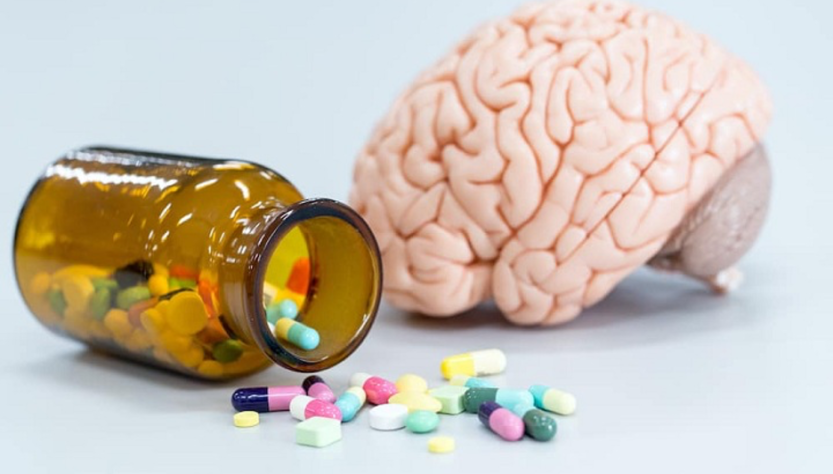Introduction: Medicine is a field that has been at the forefront of human progress for centuries. It has played a pivotal role in improving our quality of life, increasing our longevity, and enhancing our understanding of the human body and its intricacies. In this guest post, we will take you on a journey through the world of nootropic, exploring its evolution, impact on society, and the remarkable advances that continue to shape our future.
The Historical Perspective
The history of medicine is a testament to human resilience and innovation. From ancient civilizations to modern-day healthcare systems, medicine has continuously evolved. Early healers relied on herbs, rituals, and folklore to treat ailments. Ancient Egyptian papyri and the Hippocratic Oath, attributed to the Greek physician Hippocrates, are among the earliest recorded medical documents. These texts laid the foundation for evidence-based medicine and ethical standards that are still relevant today.
The Scientific Revolution
The Renaissance marked a pivotal moment in medicine’s history. The scientific method and anatomical studies paved the way for groundbreaking discoveries. Andreas Vesalius, considered the father of modern anatomy, challenged centuries-old beliefs with meticulous dissections. William Harvey’s discovery of the circulatory system further revolutionized our understanding of the human body.
The 19th and 20th centuries witnessed remarkable progress in medical science. The development of vaccines, such as Edward Jenner’s smallpox vaccine, transformed public health by preventing deadly diseases. The discovery of antibiotics, including penicillin by Alexander Fleming, revolutionized the treatment of bacterial infections.
Modern Medicine
Today, medicine has entered an era of unprecedented innovation. Advancements in technology, genetics, and biotechnology have opened new frontiers. Personalized medicine tailors treatments to an individual’s genetic makeup, improving the effectiveness of therapies while minimizing side effects.
Telemedicine has made healthcare accessible to remote areas and during global health crises. Artificial intelligence assists in diagnosing diseases, analyzing medical images, and predicting patient outcomes. These technologies enhance healthcare delivery and streamline medical research.
Chronic Disease Management
The prevalence of chronic diseases, such as diabetes, heart disease, and cancer, remains a global health challenge. Medicine’s role in chronic disease management has never been more critical. Advances in pharmacology and the development of targeted therapies are improving the prognosis for many patients.
Furthermore, lifestyle medicine emphasizes the importance of nutrition, exercise, and stress management in preventing and managing chronic conditions. Integrative approaches that combine conventional medicine with complementary therapies offer patients a holistic approach to healing.
Ethical Considerations
While medicine continues to advance, ethical dilemmas arise. Issues related to genetic editing, end-of-life care, and access to healthcare resources pose complex questions for both healthcare professionals and society. Balancing technological progress with ethical values remains a continuous challenge.
The Future of Medicine
As we look to the future, the possibilities in medicine seem limitless. Regenerative nootropic, which aims to repair or replace damaged tissues and organs, holds promise for treating previously incurable conditions. Nanotechnology could revolutionize drug delivery, allowing for targeted treatments with minimal side effects.
The ongoing global pandemic has highlighted the importance of vaccine development, infectious disease research, and healthcare infrastructure. Lessons learned from this crisis will shape the way we prepare for future health emergencies.
Conclusion
Medicine, throughout history, has been a beacon of hope and progress for humanity. Its evolution from ancient practices to modern-day innovations has significantly improved our lives and our understanding of the human body. As we navigate the ethical challenges and embrace the technological advances of the future, one thing remains constant: the transformative power of nootropic to heal, to extend life, and to improve the human condition.

